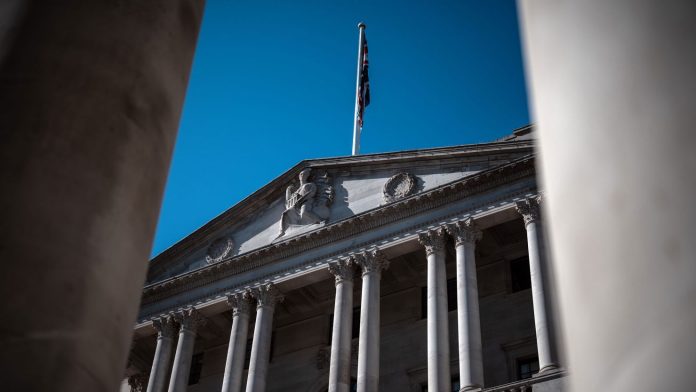The Bank of England lowered its base interest rate by 25 basis points to 4.25% per annum, which was in line with analysts’ consensus forecasts, according to a statement following its May meeting.
Seven of the nine members of the Monetary Policy Committee (MPC) voted in favour of the rate cut, with two arguing for a 50 basis point reduction. Two other members wanted to keep borrowing costs unchanged.
The Bank of England again pointed to significant progress in slowing inflation over the past two years amid restrictive monetary policy and the weakening of past external shocks.
Consumer prices in Britain rose by 2.6% year-on-year in March, down from 2.8% in February.
Rising global energy prices are likely to cause inflation to rise from April onwards, reaching 3.5% in the third quarter, according to the regulator. However, consumer price inflation is expected to slow down in the future.
“Uncertainty about global trade policy has increased following the introduction of import tariffs by the United States and measures taken in response by some of its trading partners. The outlook for global economic growth has deteriorated as a result of this uncertainty, although the negative impact on UK GDP and inflation is likely to be smaller,” the Bank said in a statement.
The MPC remains focused on a sustained return of inflation to its target in the medium term.
“Based on the Committee’s changing views on the medium-term outlook for inflation, a gradual and cautious approach to further easing of monetary policy remains appropriate,” the statement also said.
The Committee will continue to monitor the risks to inflation stability closely. “Monetary policy should remain restrictive for long enough to ensure that the risks to the medium-term outlook for inflation returning to 2% are further diminished,” the regulator said in its report.
The Bank of England’s next meeting will take place on June 19.
